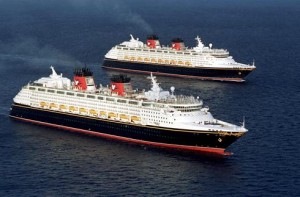 There is a fear among cruisers every time oil crosses north of the $100 a barrel mark. They wonder if the cruise lines will reinstate the fuel surcharge that cruise lines implemented when oil pushed near the $150 a barrel mark in 2008.
There is a fear among cruisers every time oil crosses north of the $100 a barrel mark. They wonder if the cruise lines will reinstate the fuel surcharge that cruise lines implemented when oil pushed near the $150 a barrel mark in 2008.
Cruise lines have the fuel surcharge written into their user agreements. They have the following displayed on the page before you complete a cruise booking.
- Royal Caribbean: Royal Caribbean International reserves the right to impose a fuel supplement on all guests if the price of West Texas Intermediate fuel exceeds $65.00 per barrel. The fuel supplement for 1st and 2nd guests would be no more than $10 per guest per day, to a maximum of $140 per cruise; and for additional guests would be no more than $5 per person per day, to a maximum of $70 per cruise.
- Carnival: The company reserves the right to re-instate the fuel supplement for all travelers at up to $9 per person per day if the NYMEX oil price exceeds $70 per barrel. Princess and Holland America have similar terms.
- Norwegian: NCL reserves the right to charge a fuel supplement without prior notice should the closing price of West Texas Intermediate Fuel increase above $65 per barrel on the NYMEX. In the event a fuel supplement is charged, NCL will have sole discretion to apply the supplementary charge to both existing and new bookings, regardless of whether such bookings have been paid in full. Such supplementary charges are not included in the cruise fare. The fuel supplement charge will not exceed $10.00 per passenger per day.
The cruise lines have been reluctant to reinstate the unpopular surcharge even though oil passed $110 a barrel this spring. Once one cruise line adds the charge, the others usually follow and none of them wanted to be that cruise line.
It was good that they didn’t give in as oil has plunged over $30 a barrel in the past 2 months, and is currently in the mid $80 range. While $85 is till above the threshold where they can legally add it on based on their terms, it is highly unlikely that they would do so while it is under $100.
Since fuel prices are one of the largest expenses for cruise lines, lower fuel prices often mean lower fares. When the lines offer lower fares, ships generally sail full benefiting both the passengers and the cruise lines.



